Track time, prove work, and get paid faster — Monitask is the lawyers’ smart productivity tool.
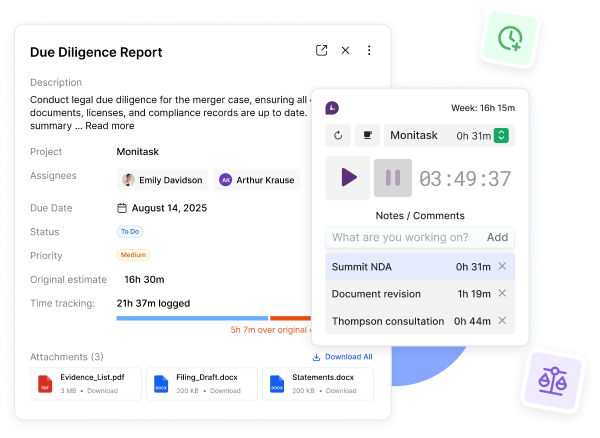

4.8/5 (149 reviews)

4.8/5 (149 reviews)

4.8/5 (150 reviews)

4.8/5 (100 reviews)
1000 + clients worldwide increase workforce productivity with Monitask






For lawyers, accurate timekeeping is everything. Monitask automatically records time spent on each client, case, or task, ensuring that every billable minute is accounted for. You can easily generate time reports for specific clients or projects, which makes invoicing transparent and defensible. No more guessing or reconstructing hours — Monitask helps legal professionals focus on advocacy instead of manual tracking.
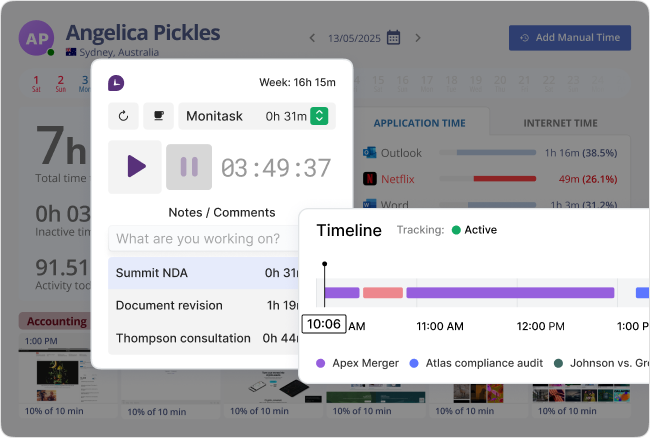
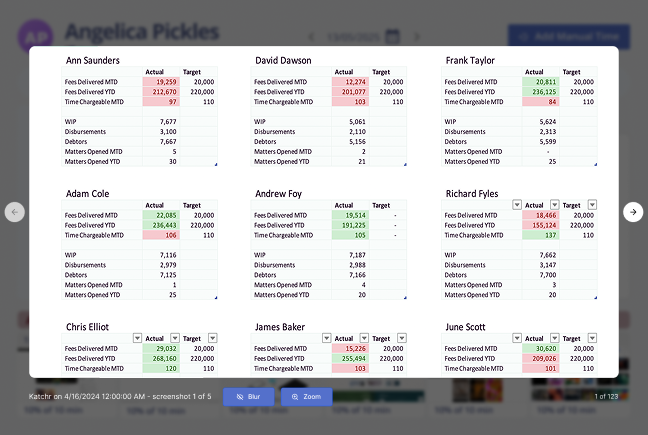
Monitask offers optional screenshot monitoring to verify work activity without being invasive. For law firms, this feature helps partners or senior attorneys ensure paralegals, interns, or remote associates are dedicating time to client-related work. Screenshots are taken at random intervals and stored securely, maintaining confidentiality while improving productivity oversight and ensuring compliance with ethical billing practices.
Lawyers can access comprehensive visual reports showing exactly how time is distributed across cases, clients, and legal research. Monitask transforms raw data into clear charts and summaries, making it easy to identify time sinks or inefficiencies. Whether you’re managing a solo practice or a full firm, these insights help optimize workload distribution, improve profitability, and ensure consistent performance across your legal team.

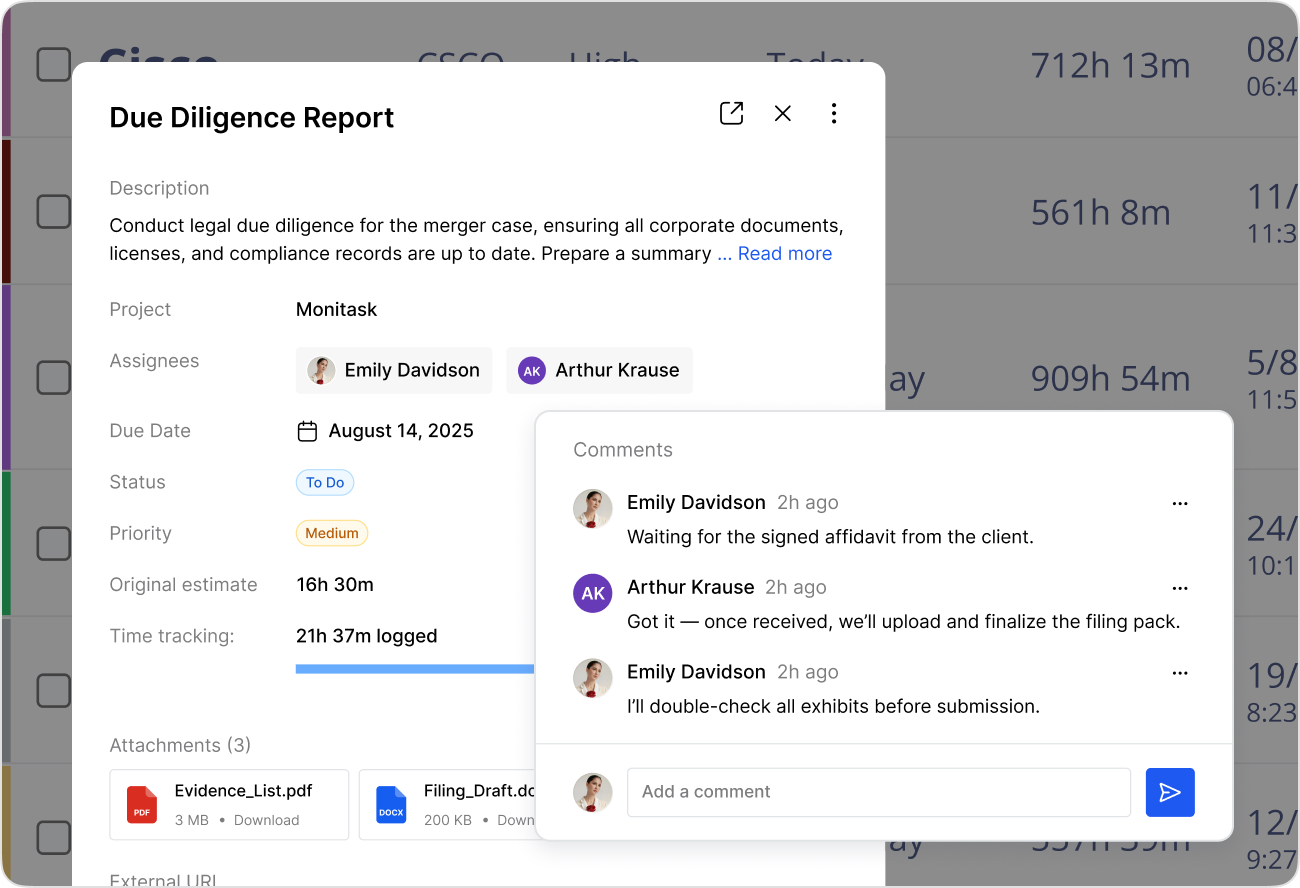
Monitask allows lawyers to organize work by projects or cases, attach notes, and assign tasks to team members. This structure ensures clarity in complex legal workflows — from discovery to filings and hearings. By aligning tracked hours with specific case stages, attorneys can provide clients with transparent progress updates and demonstrate measurable value for their legal fees.
Client confidentiality is non-negotiable in the legal field. Monitask stores all data in encrypted, cloud-based servers that comply with top-tier security standards. This ensures that sensitive client information and time records are safe from unauthorized access. Lawyers can access their data anytime from anywhere, allowing seamless remote or hybrid work without compromising privacy or ethical obligations.
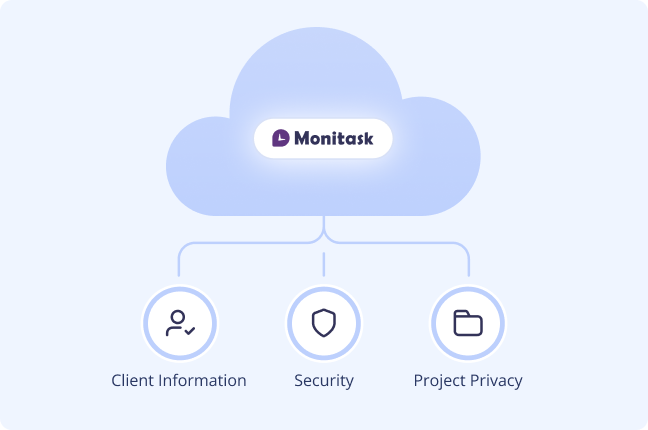

Time tracking ensures lawyers bill clients precisely for the hours spent on legal research, drafting, consultations, and court appearances. By recording every minute of work, attorneys eliminate guesswork and avoid disputes over invoices. Clients appreciate clear, itemized billing, which strengthens trust and reinforces the firm’s credibility.

Tracking time across multiple cases helps lawyers understand how their day is divided among clients, administrative tasks, and court-related duties. This visibility allows firms to allocate resources more effectively, avoid burnout, and identify areas where productivity can improve—especially when juggling multiple ongoing matters.

By analyzing time tracking data, law firms can identify which clients or cases are most profitable. Attorneys can compare billable vs. non-billable time, pinpoint inefficiencies, and make informed decisions about workload and pricing. Over time, this leads to smarter client selection and improved financial performance.

Accurate timekeeping is a cornerstone of legal ethics. Many bar associations require transparent billing records for client protection. Time tracking tools like Monitask provide digital logs and timestamps that can be easily audited, helping lawyers stay compliant with billing regulations and maintain professional accountability.

For firms with multiple attorneys, paralegals, or remote staff, time tracking improves coordination and accountability. Senior partners can review how team members spend their hours, ensuring tasks are completed efficiently and deadlines are met. This promotes better project management and fair workload distribution across the team.

Time tracking provides valuable insights into how long specific legal tasks truly take—drafting contracts, preparing briefs, or conducting research. These insights help lawyers create more realistic time estimates for future cases, manage client expectations, and balance workloads effectively without compromising quality.